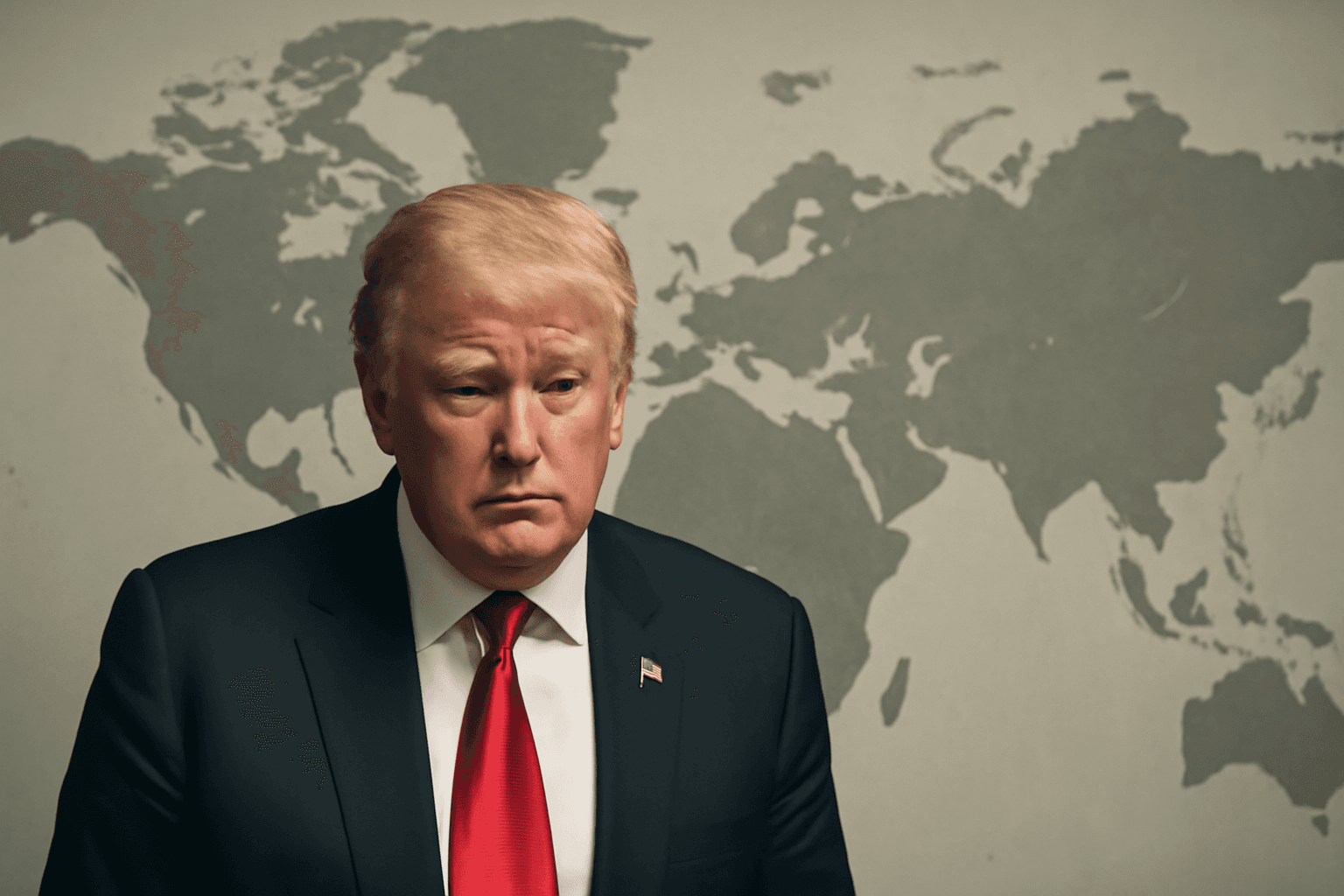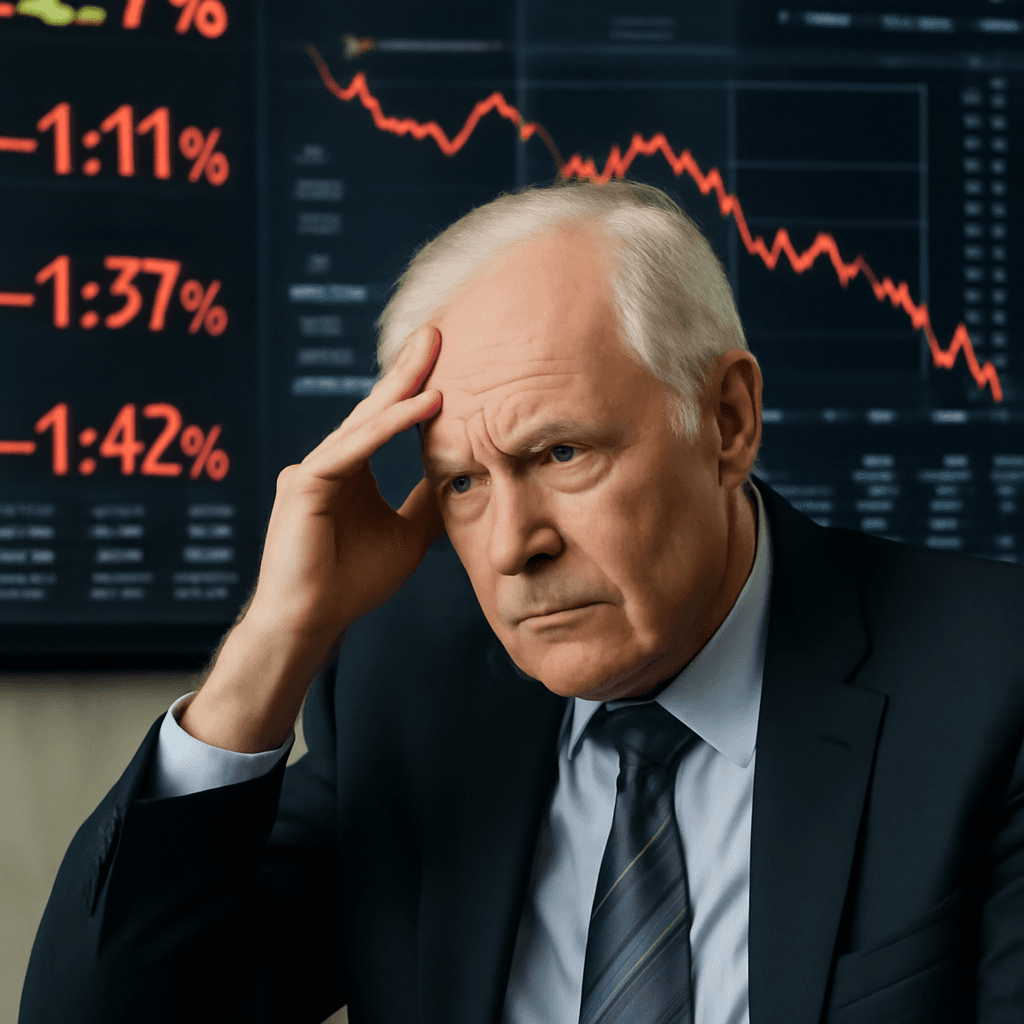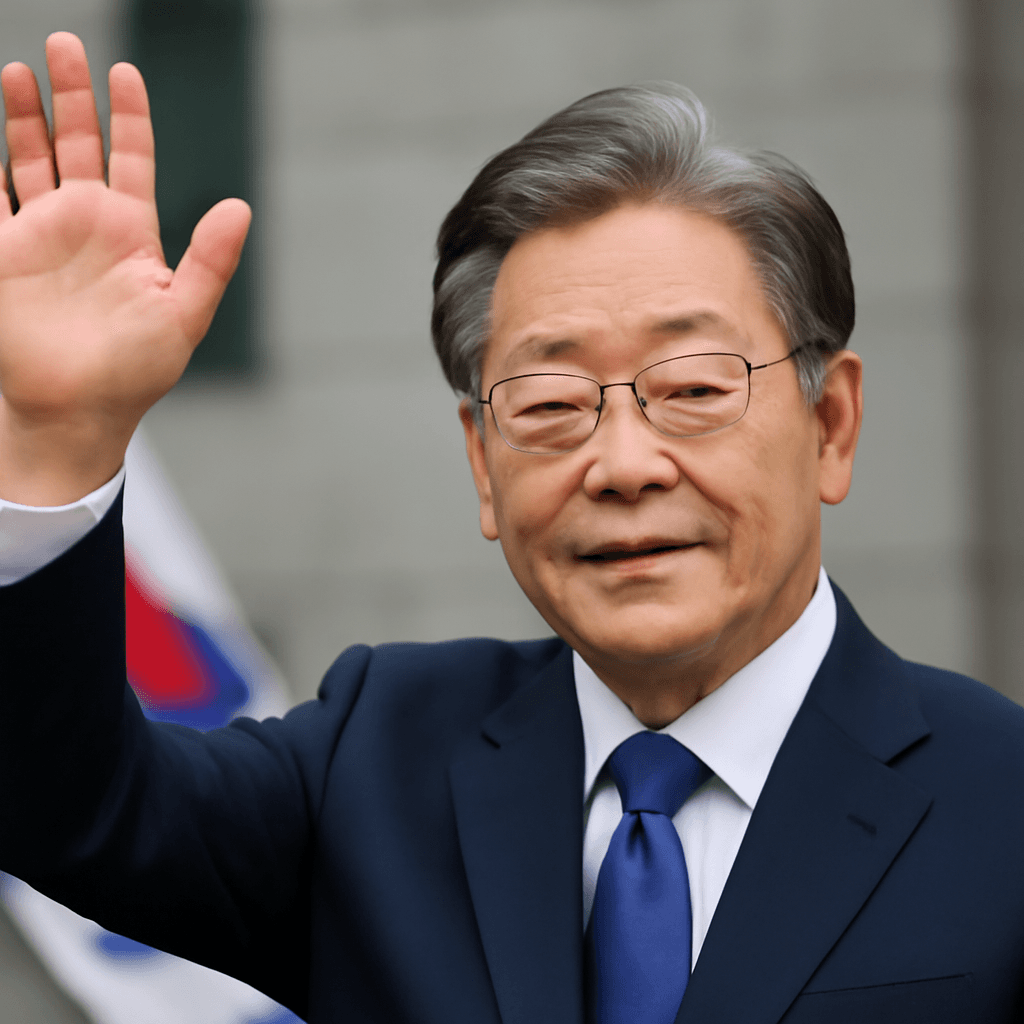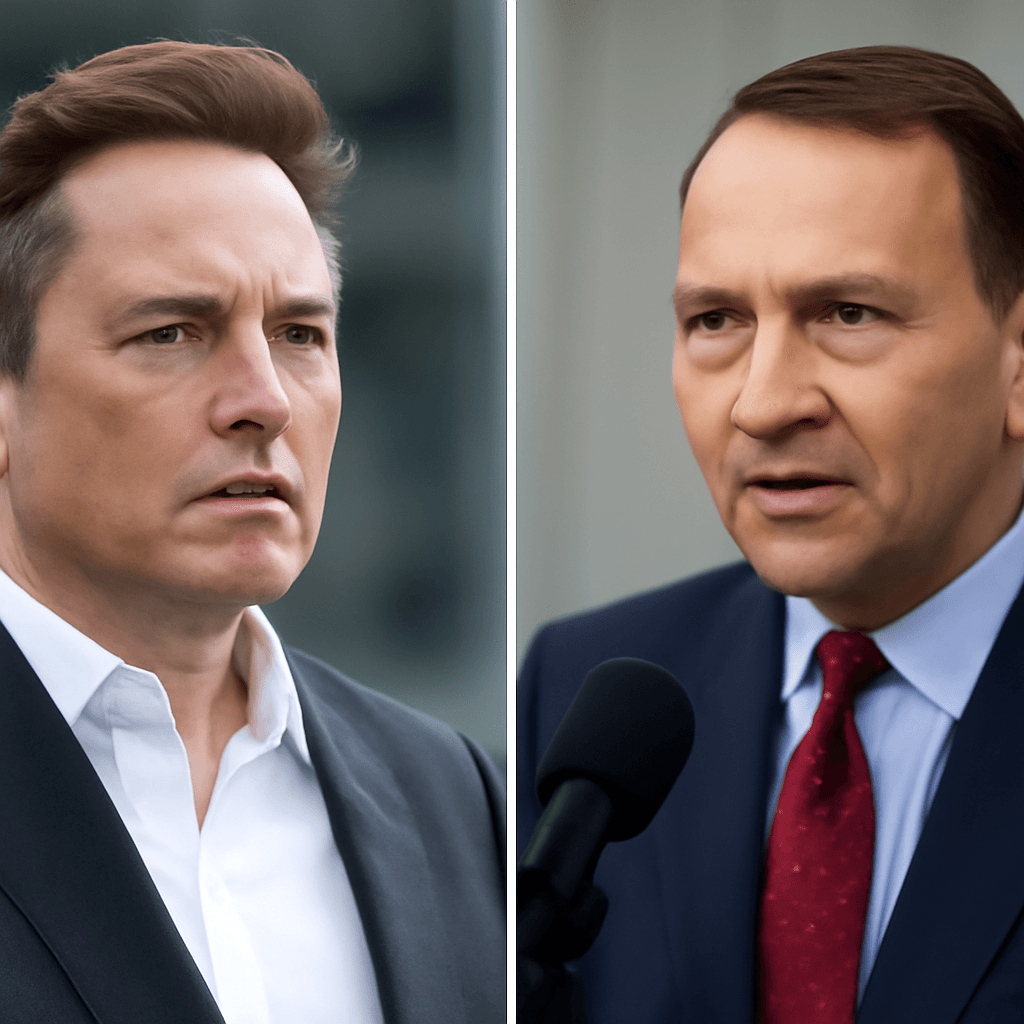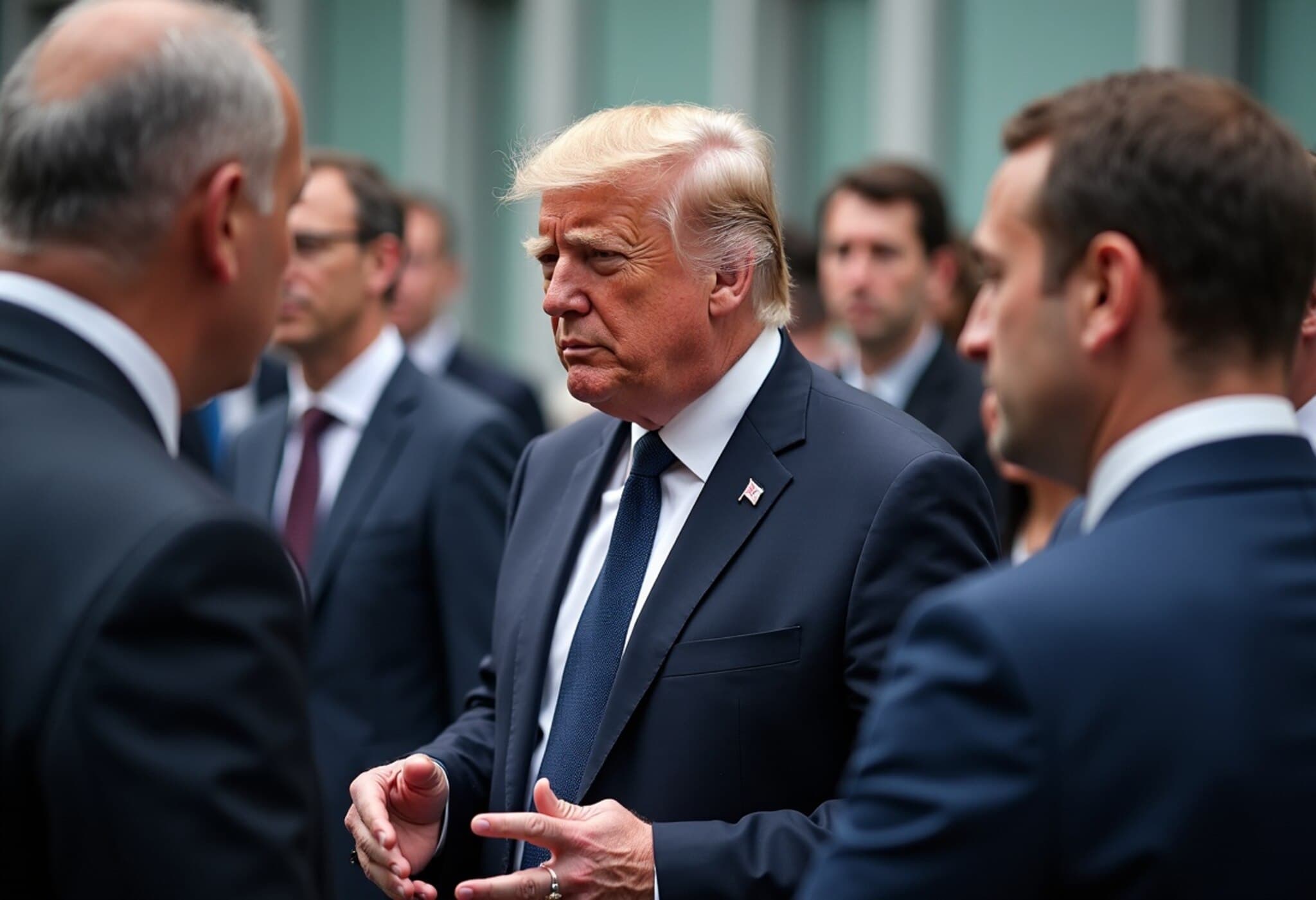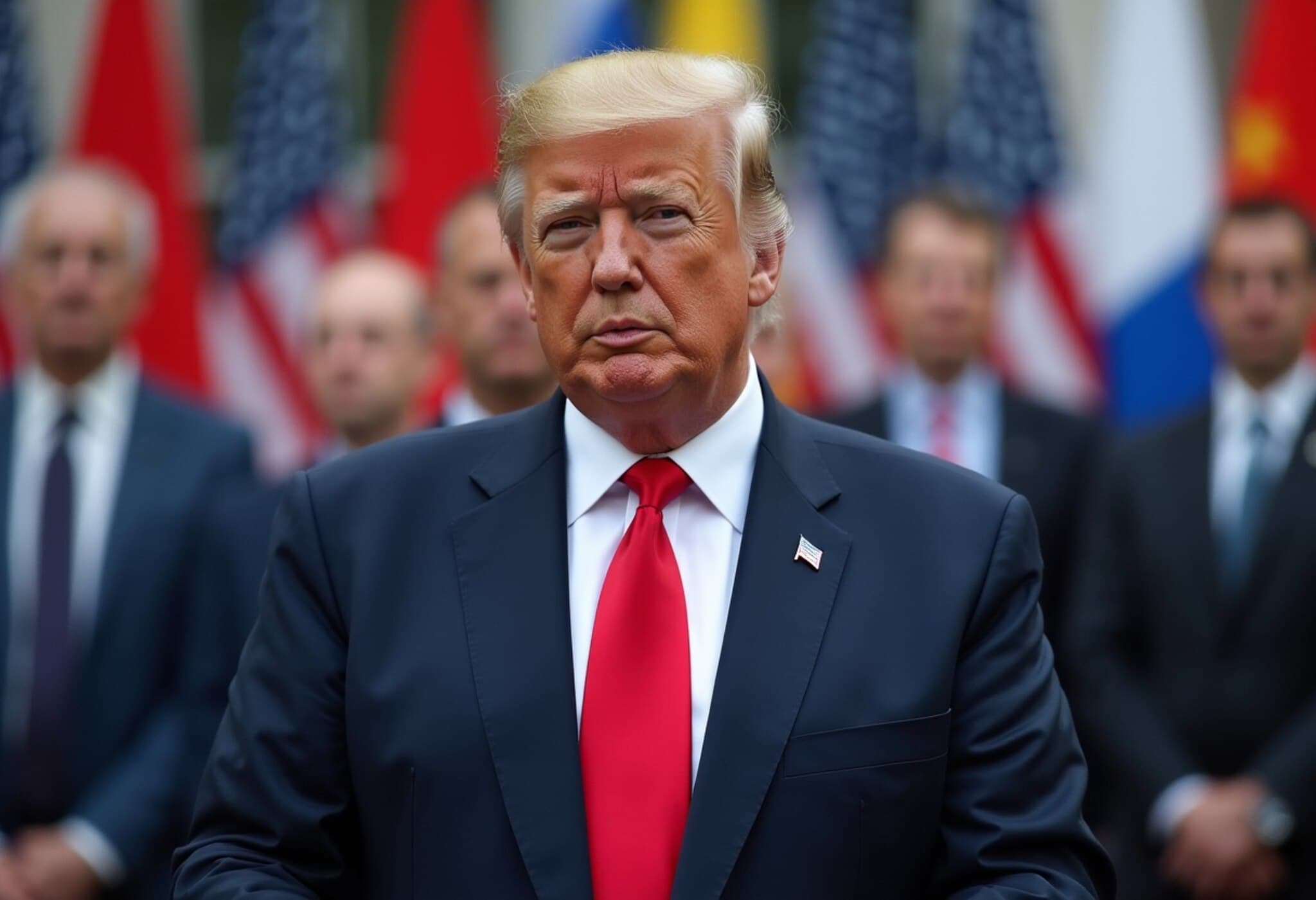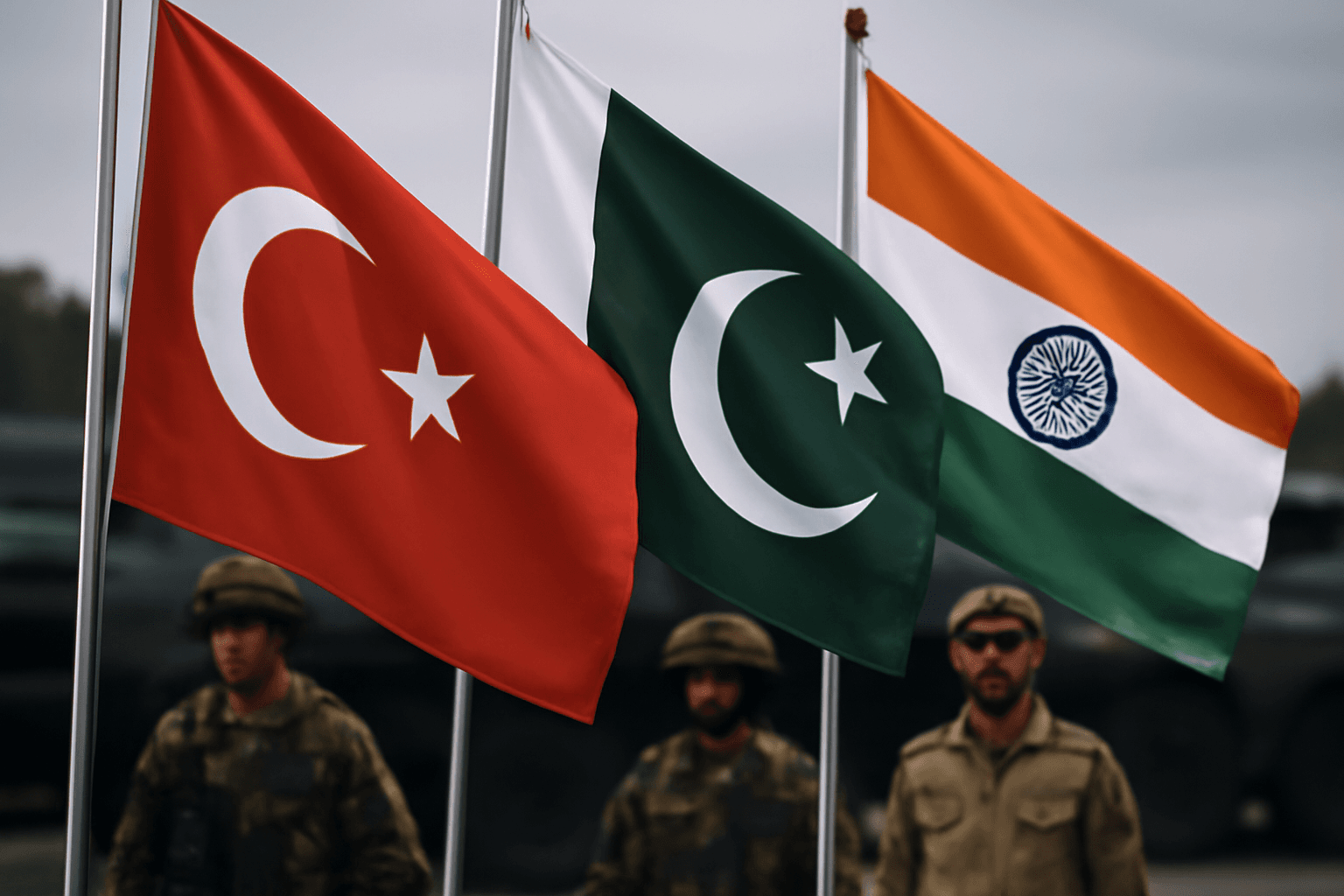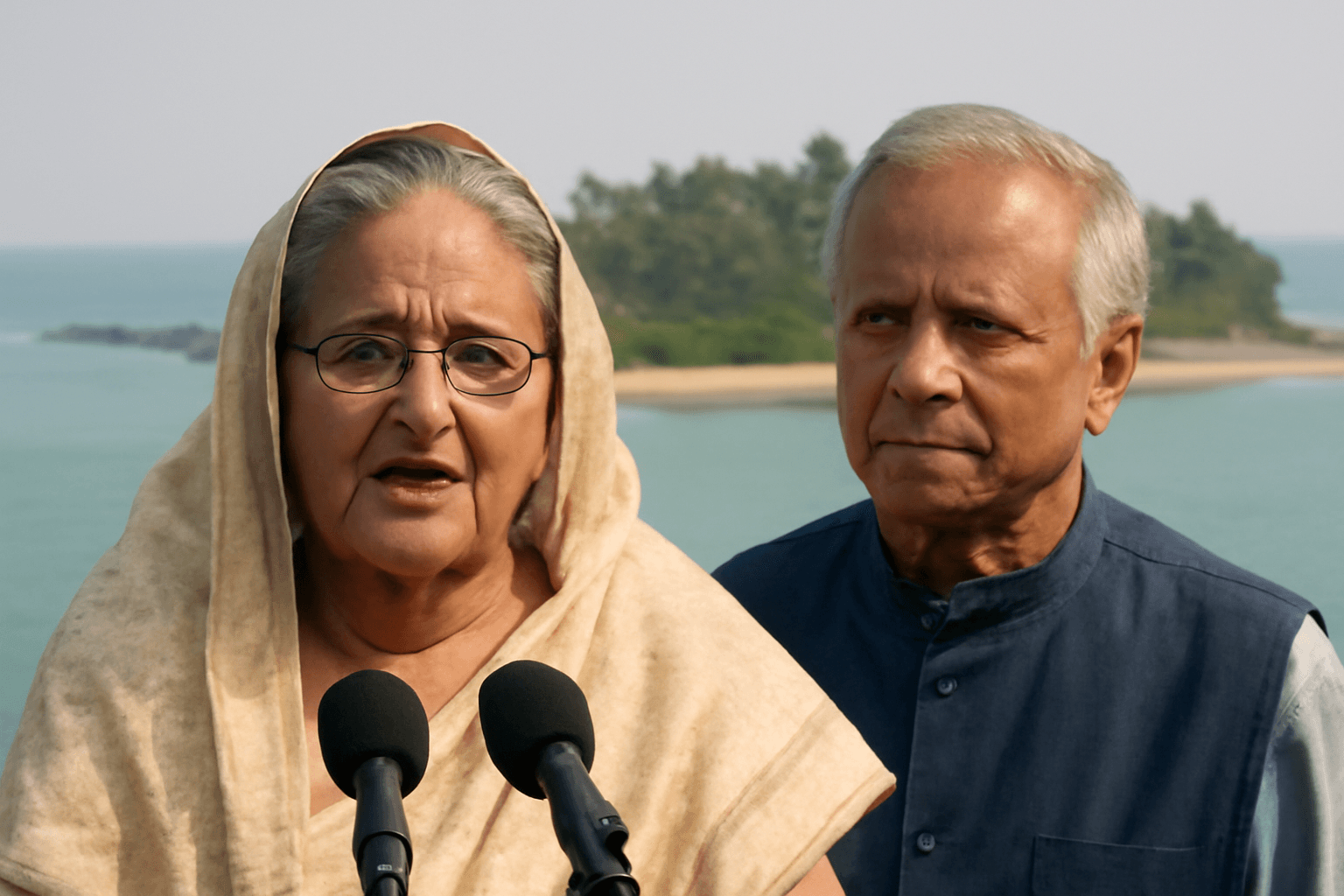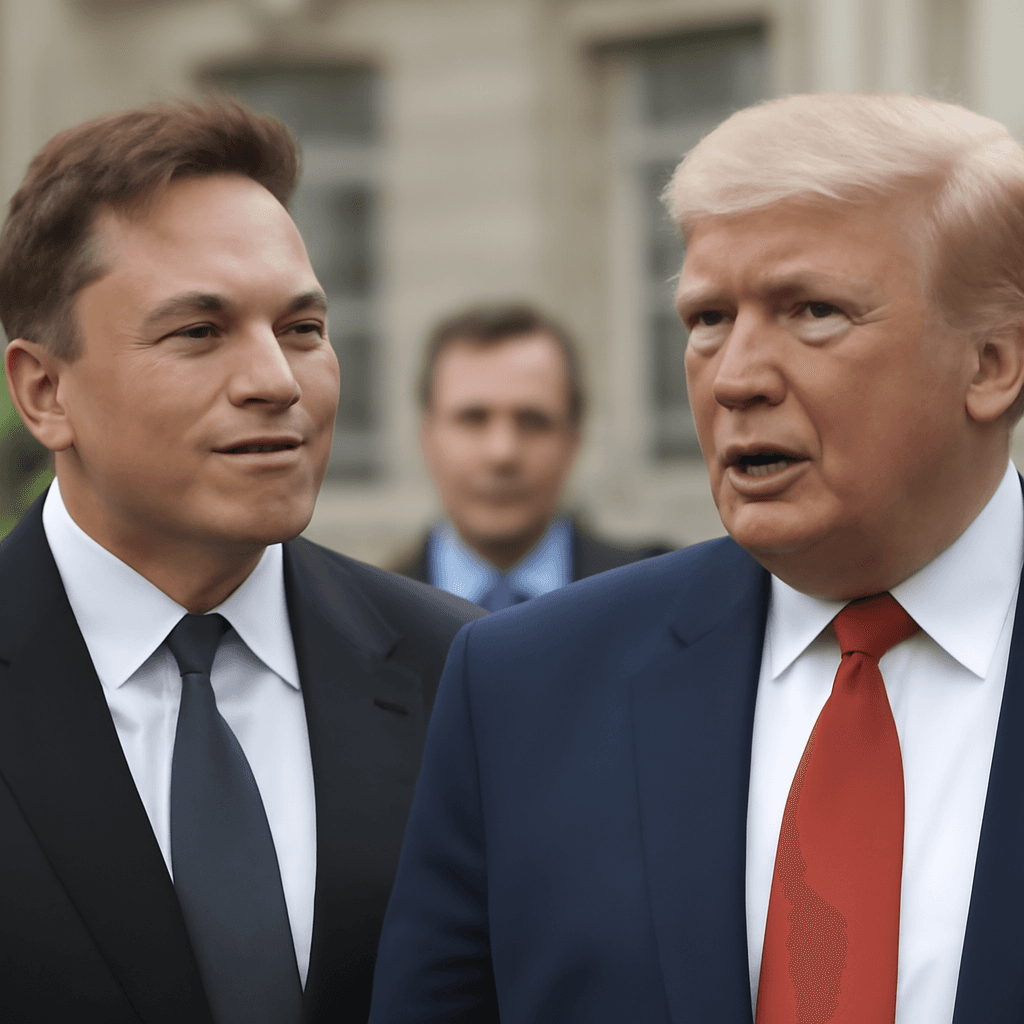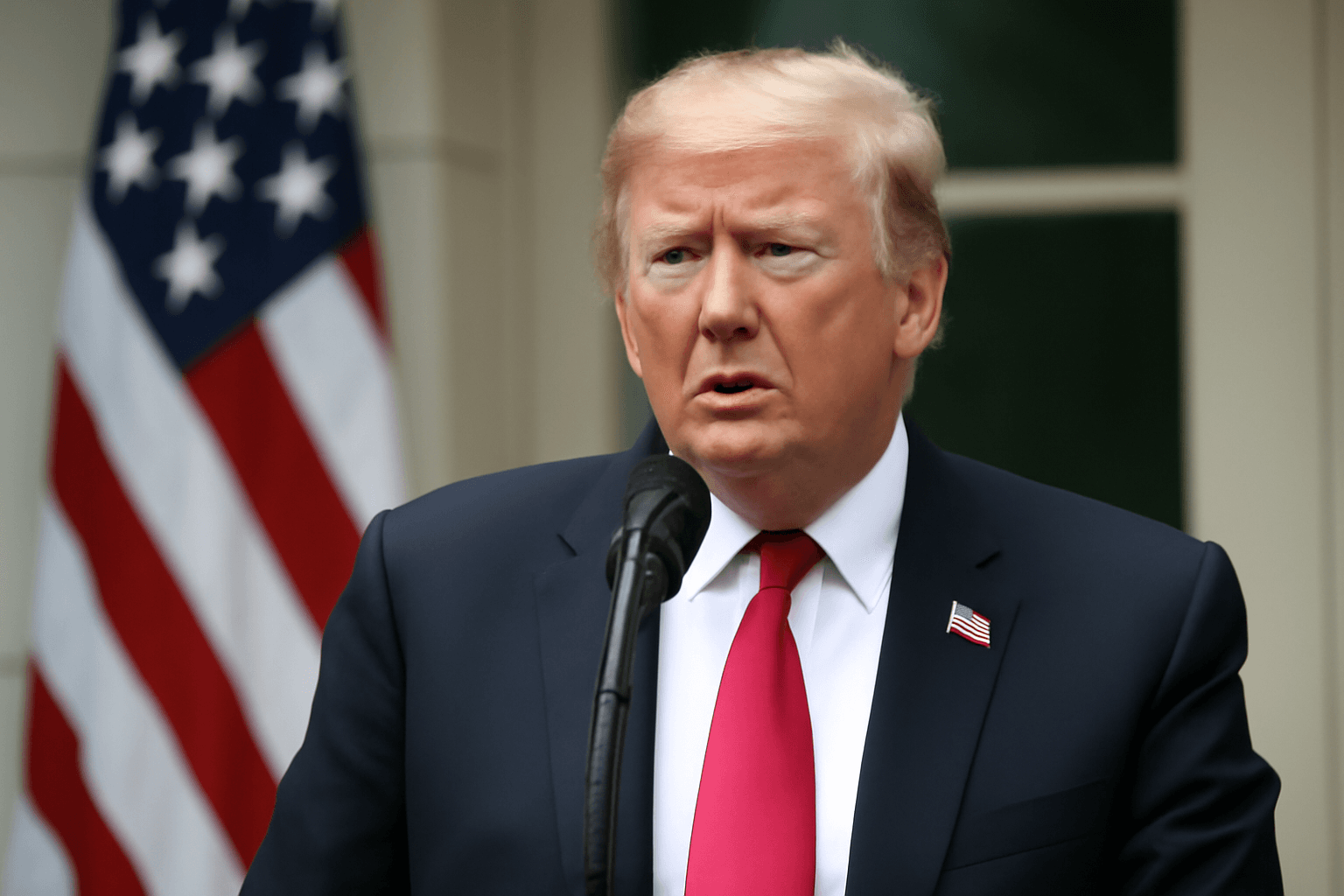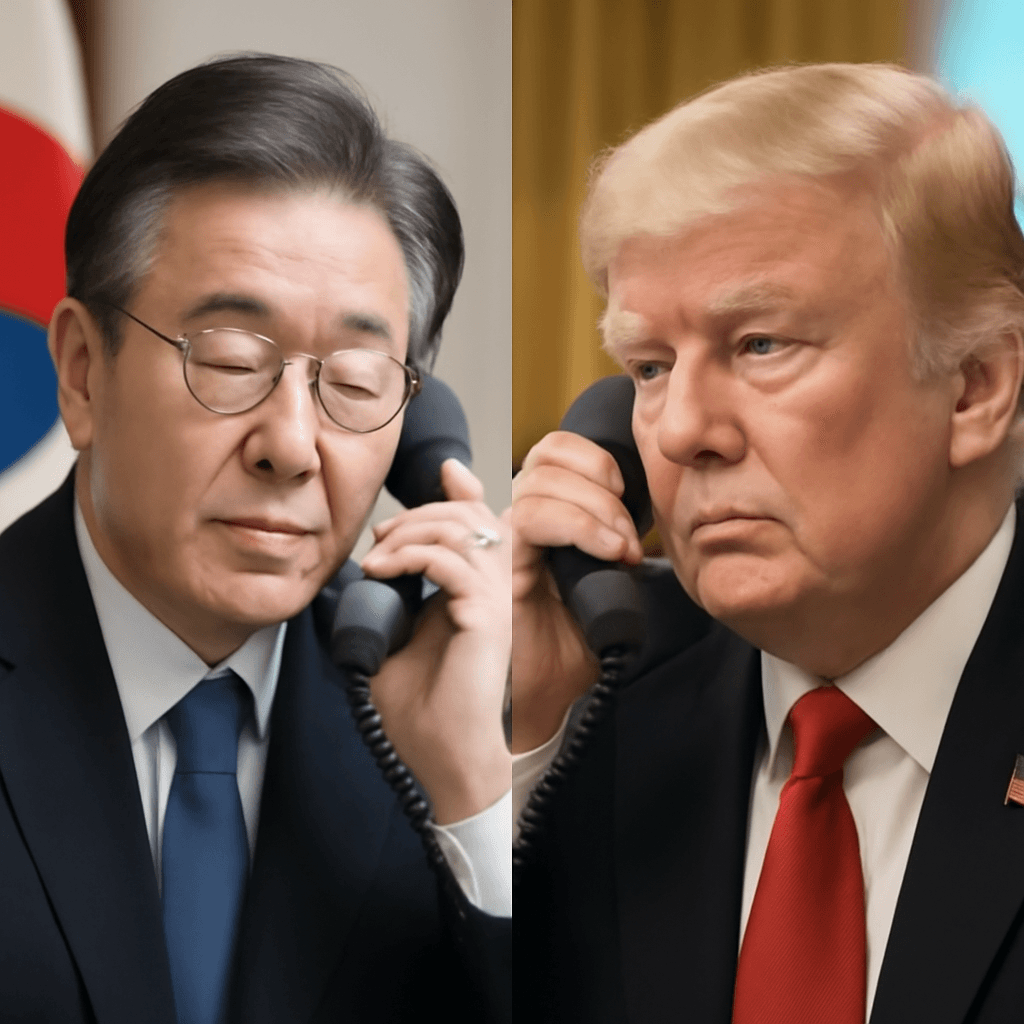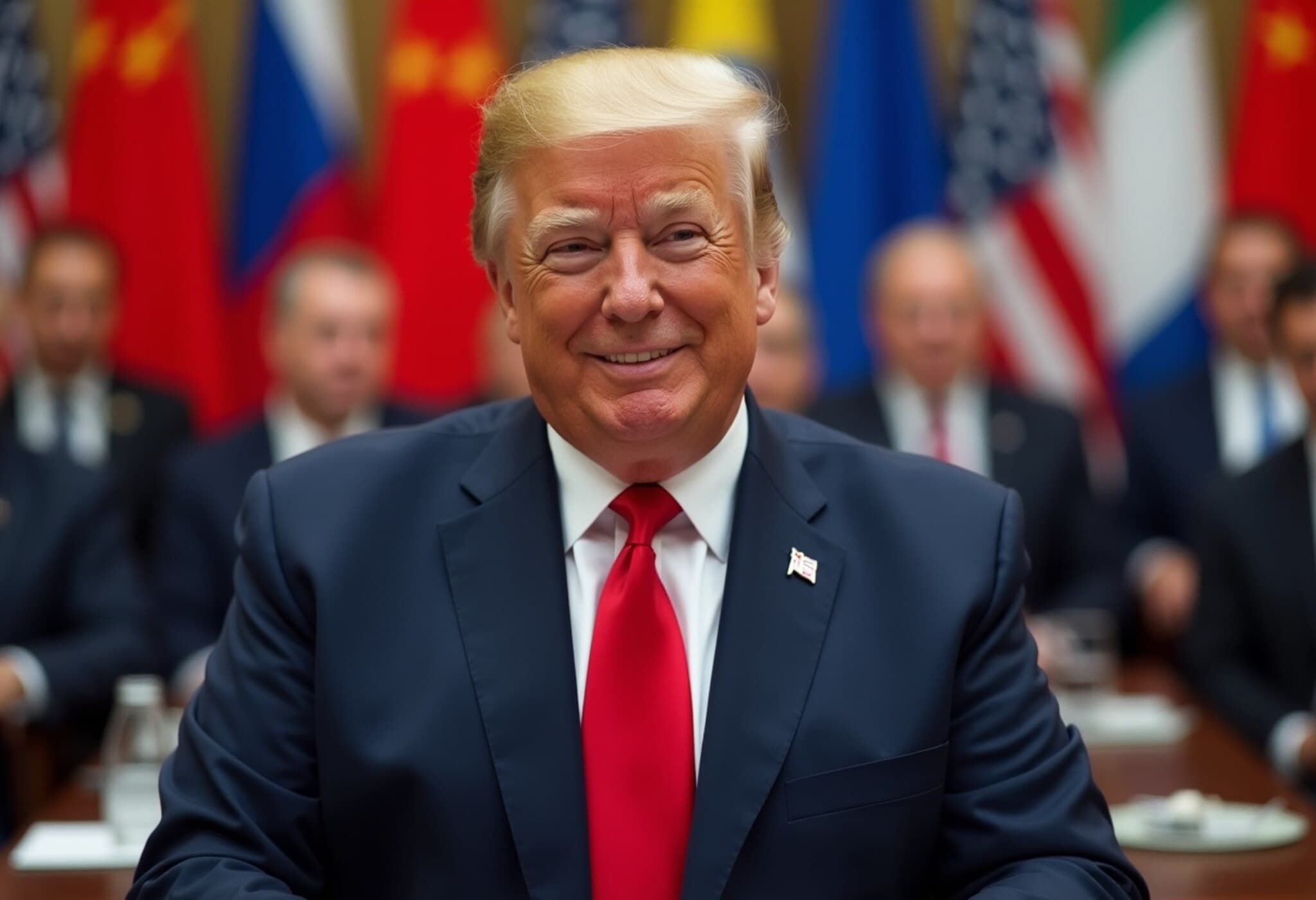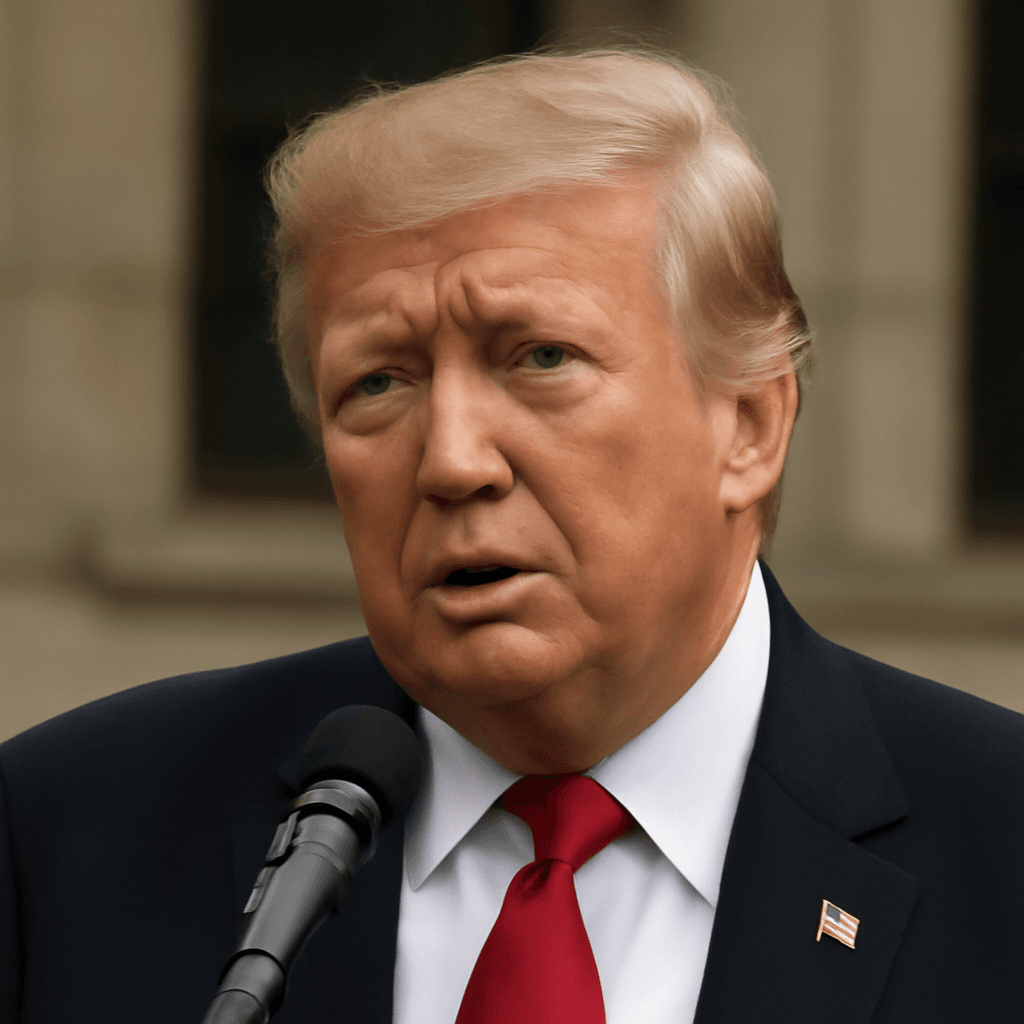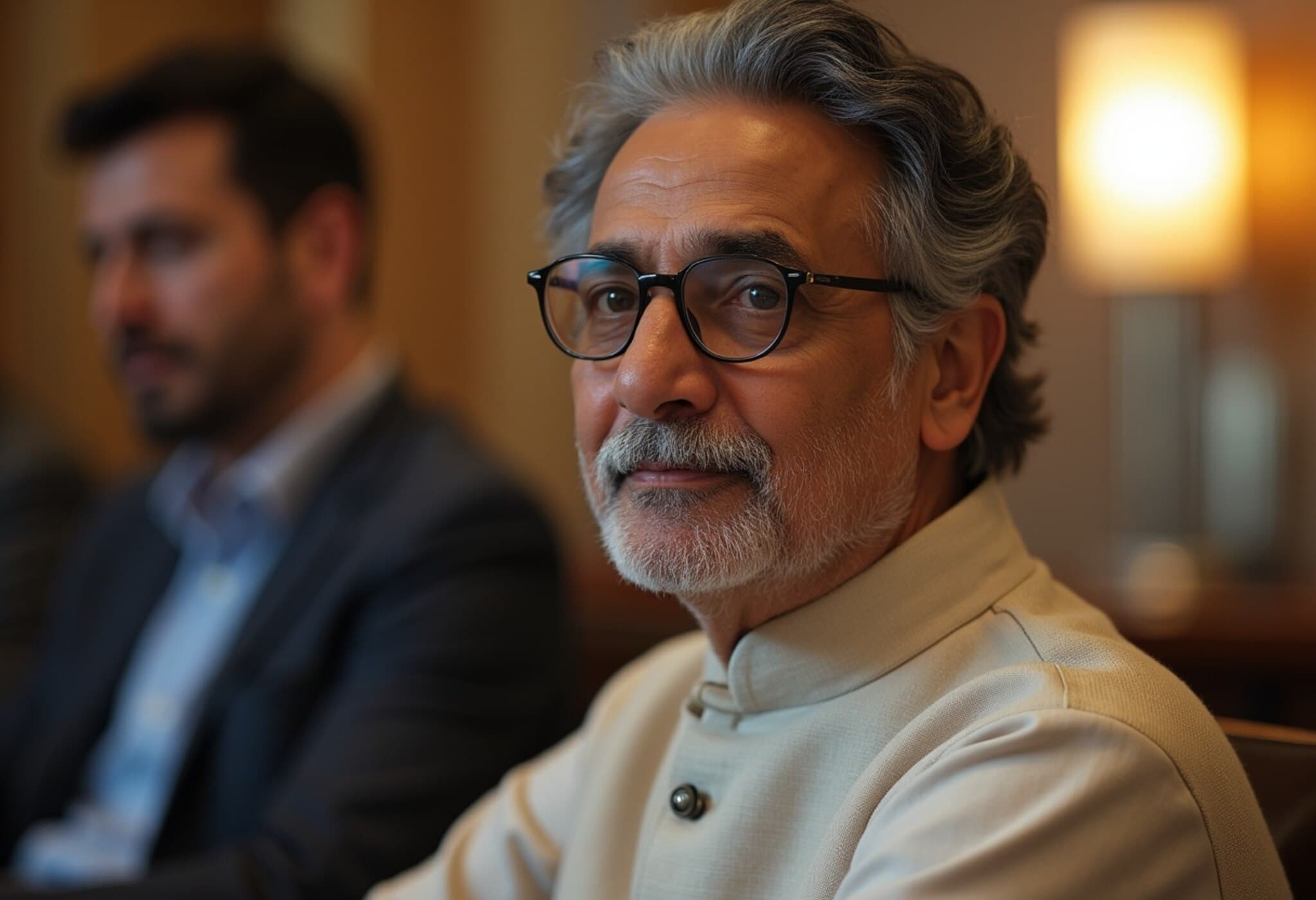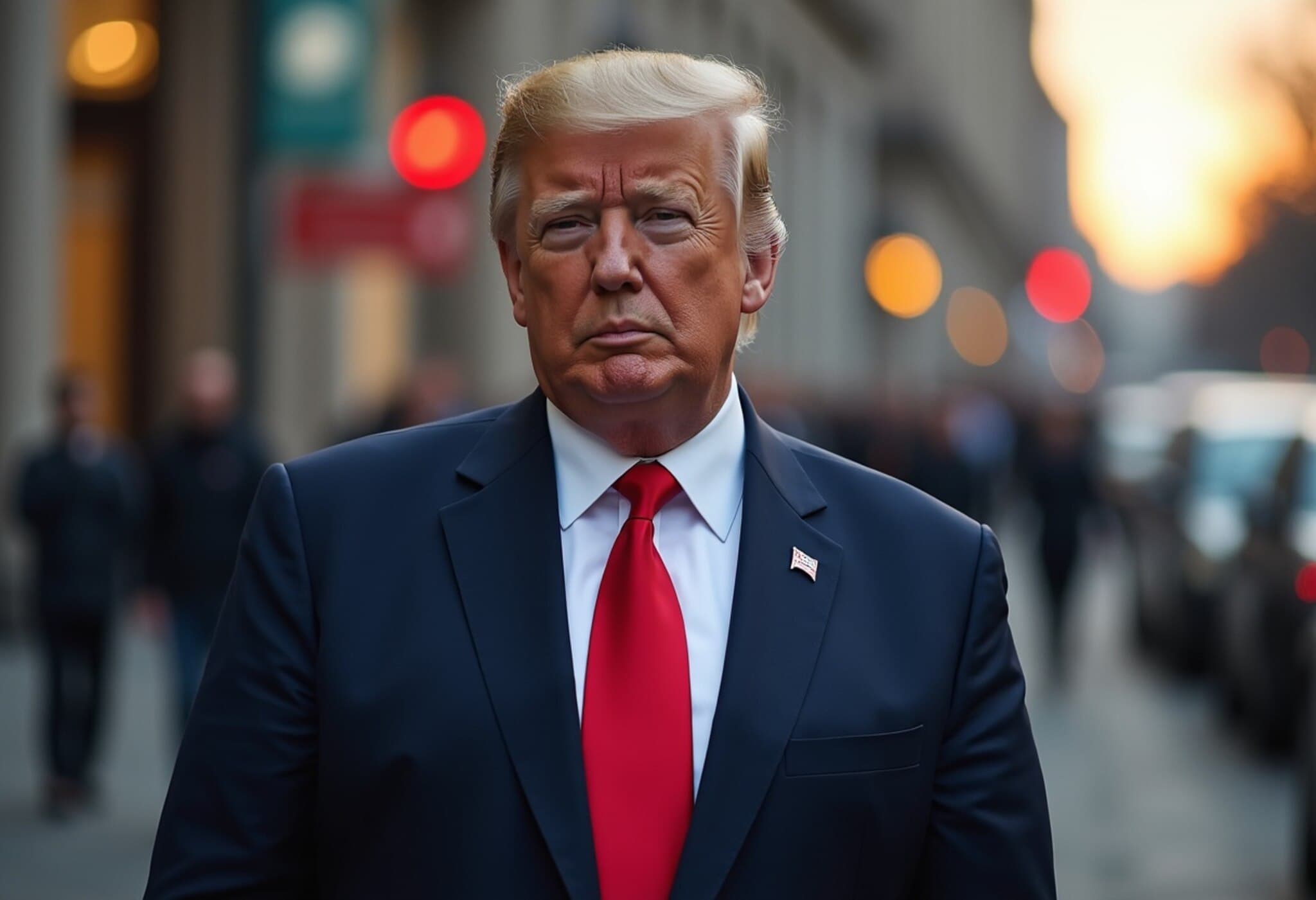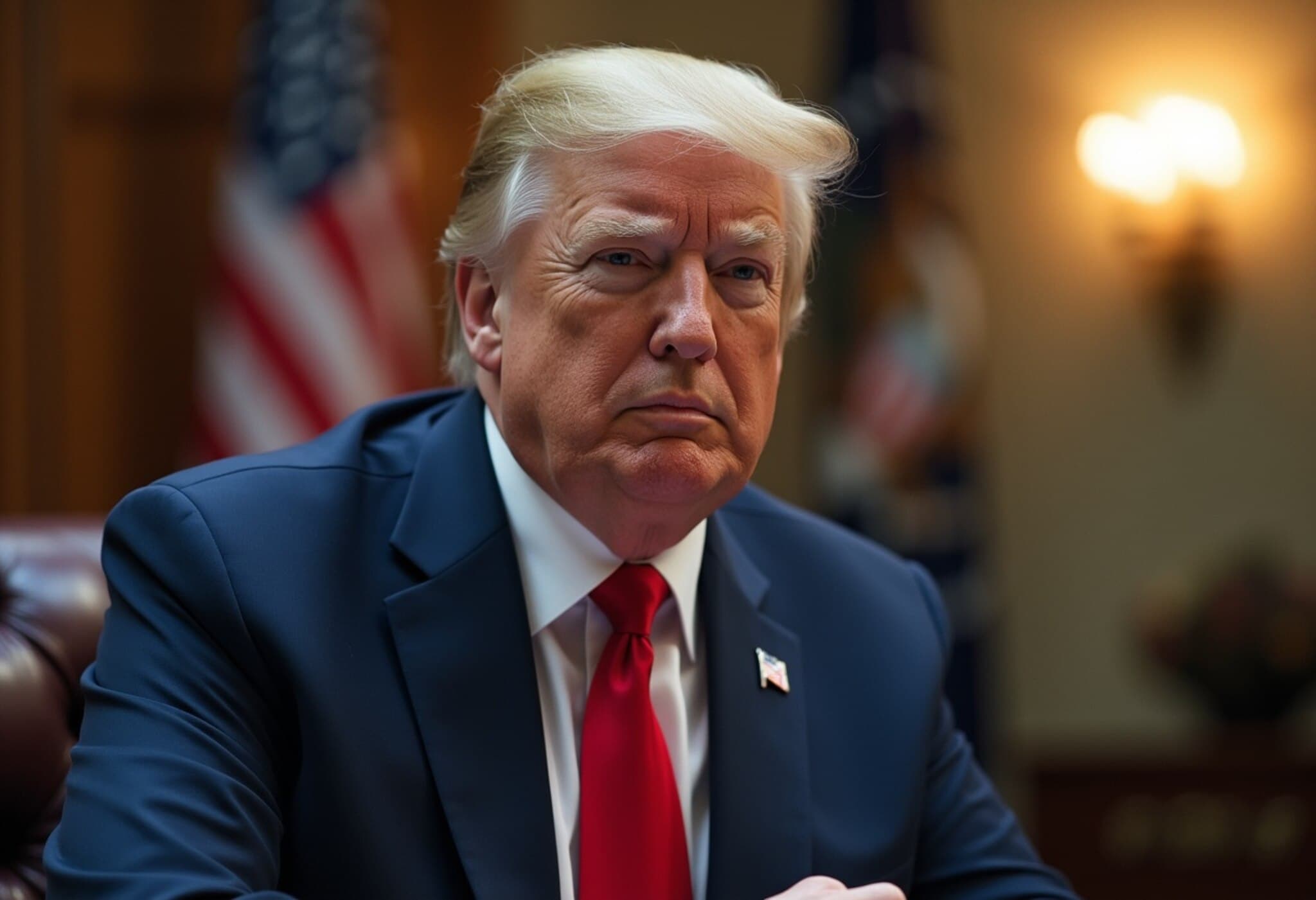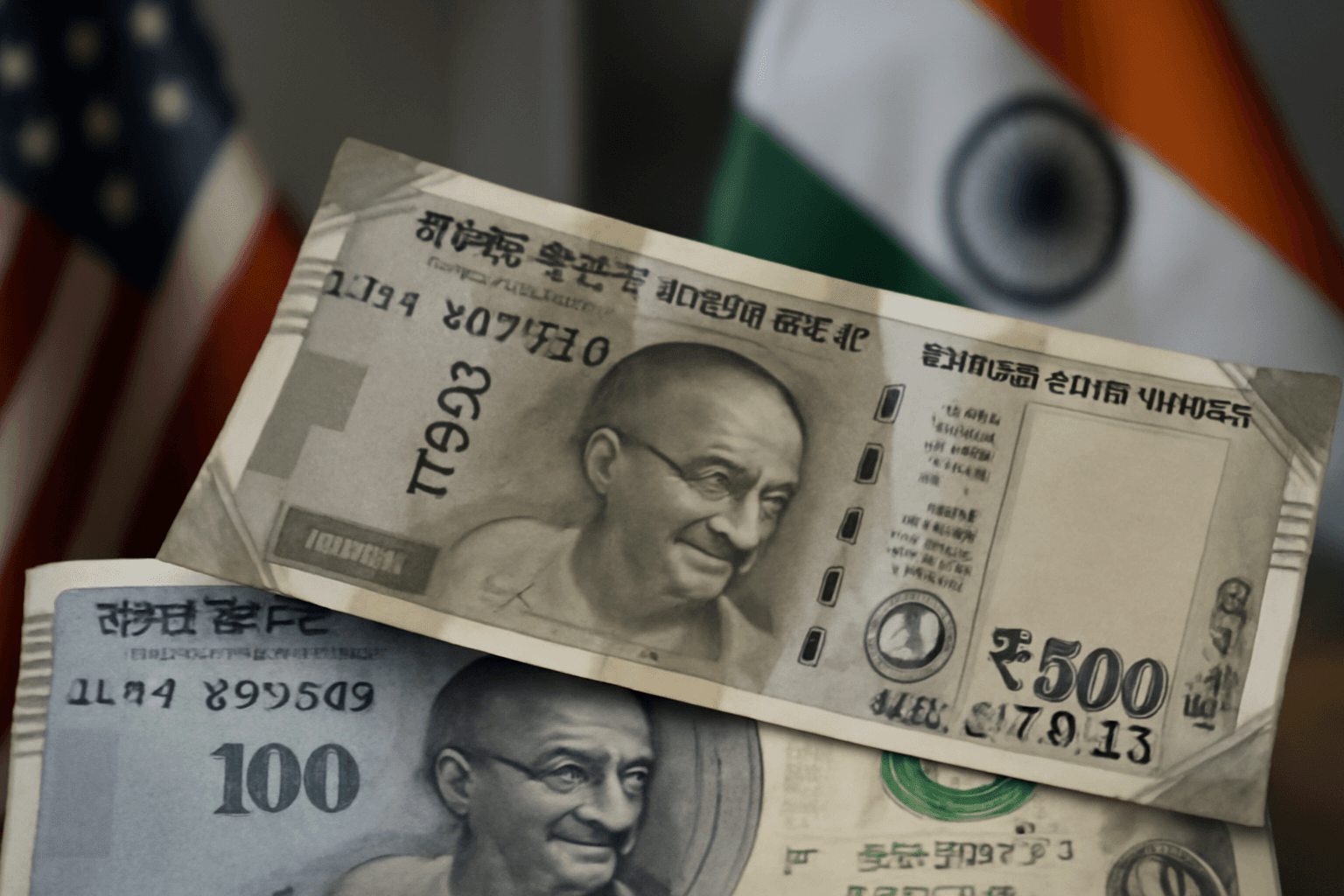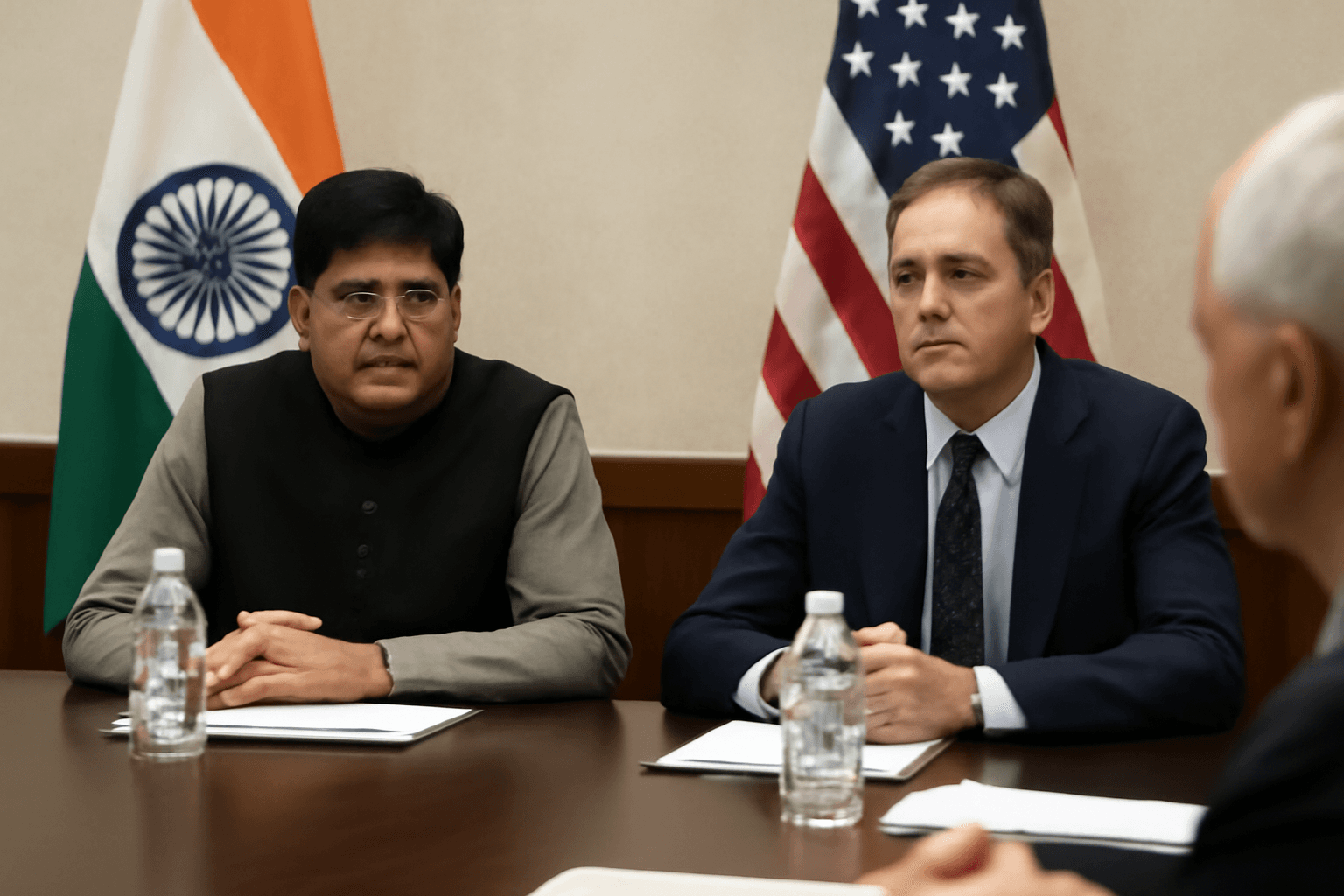Since Donald Trump assumed the presidency, the United States has seen a noticeable decline in its global influence, both economically and politically, particularly among traditional Western allies. Trump's aggressive tariffs and confrontational foreign policies have disrupted longstanding alliances, undermining the unity of the Western world.
This disruption, while chaotic, may inadvertently open opportunities for reshaping international relations. Historically, many nations in the Global South have suffered under American military interventions and economic dominance, challenging the notion of the US as a purely benevolent superpower.
A Shifting Global Landscape
The Western dominance in global affairs appears to be waning, a transition perhaps inevitable given geopolitical shifts. Many countries now envision a multipolar world, less centered on American power. Political scientist Stacie Goddard notes that emerging global powers—namely the US, Russia, and China—will define the contours of this new order, where US predominance is less certain.
Neighboring states to the US express concern about America's unpredictable policies, while Russia's influence, despite its ambitions and interventions such as in Ukraine, remains regionally constrained due to limited projection capability.
China’s Rise and Strategy
China has effectively countered Trump's trade tariffs through strategic negotiation, exemplified by the recent 90-day tariff suspension. Beijing pursues a largely restrained foreign policy focused on expanding its sphere of influence through economic and diplomatic channels rather than overt military action.
Chinese leadership emphasizes adherence to existing international structures to prioritize domestic economic development. Consequently, China's global trade interests motivate engagement rather than confrontation, contrasting sharply with the US's more volatile approach under Trump.
Implications for the Global South
China's promotion of renewable energy technologies offers significant benefits for developing nations, enabling them to bypass carbon-intensive development paths. Furthermore, regional powers like China, South Korea, and Japan are fostering cooperative frameworks to counterbalance American protectionism.
Despite apprehensions about Chinese ambitions, many Asian countries remain committed to globalization, even as the US shows signs of retrenchment.
The Emerging Multipolar Order
New international alliances and institutions—such as the expanded BRICS coalition and China's Belt and Road Initiative—reflect efforts to manage a more diverse global power structure. While the United Nations continues as the cornerstone of diplomacy, its authority faces challenges from these evolving power blocs.
The European Union aims to maintain significant influence within this new order but acknowledges a more equitable global distribution of power. Western attempts to retain dominance include proposals for exclusive trade alliances, which risk marginalizing developing nations further.
Toward a More Balanced International System
Many Global South countries, emerging from colonial legacies, desire a fairer global framework. Ironically, the reduction of American hegemony may foster a more legitimate and stable international rules-based order that prioritizes equitable participation.
Gradually shifting the economic and political center away from US dominance to a more balanced, multipolar model is daunting but may be essential for long-term global stability and justice. In this context, Trump's disruptive tenure could be seen as an inadvertent catalyst for change.

